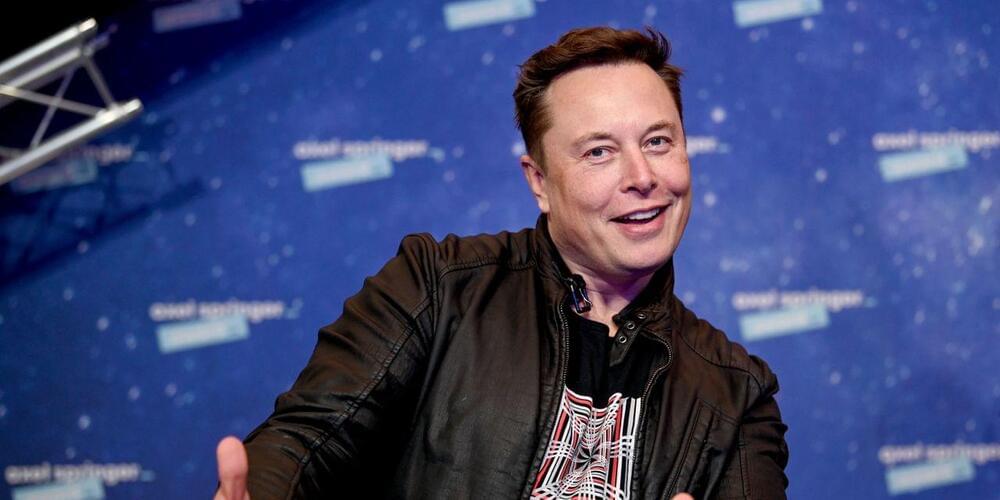The Future Of Space Tech & Innovation — Dr. Joel Mozer Ph.D., Director of Science, Technology & Research, United States Space Force.
Dr. Joel Mozer is the Director of Science, Technology, and Research, United States Space Force (https://www.spaceforce.mil/).
With a PhD in Physics, and MS in Atmospheric Science, from University of Arizona, Dr. Mozer serves as the principal scientific advisor to the Commander and is the senior authority for all science and technology matters for an organization of approximately 11,000 space professionals worldwide, and manages a global network of satellite command and control, communications, missile warning and launch facilities. In this role, he interacts with other principals, operational commanders, combatant commands, acquisition, and international communities to address cross-organizational science and technical issues and solutions.
Dr. Mozer represents USSF science and technology on decisions, high-level planning, and policy, building coalitions and alliances throughout the U.S. government, industry, academia, the international community, and other scientific and technology organizations.
Dr. Mozer entered government service in 1992 with the U.S. Air Force. Prior to his current assignment, he was Chief Space Experimentalist of the Air Force Research Laboratory Space Vehicle Directorate. In that role, he was responsible for managing AFRL’s $40 million-per-year investment in research and development related to the development of experimental satellites and payloads and conducted a team of 100 engineers and scientists at Kirtland and Holloman Air Force Bases, New Mexico — all working to develop cost-effective ways to assemble, integrate, test and fly novel spacecraft and systems and demonstrating new concepts for Department of Defense systems and missions. His area of specialization relates to space control and remote sensing — understanding the natural and man-made space environment and developing forecast tools for warfighters, theater battle commanders and other decision-makers to mitigate risks.






